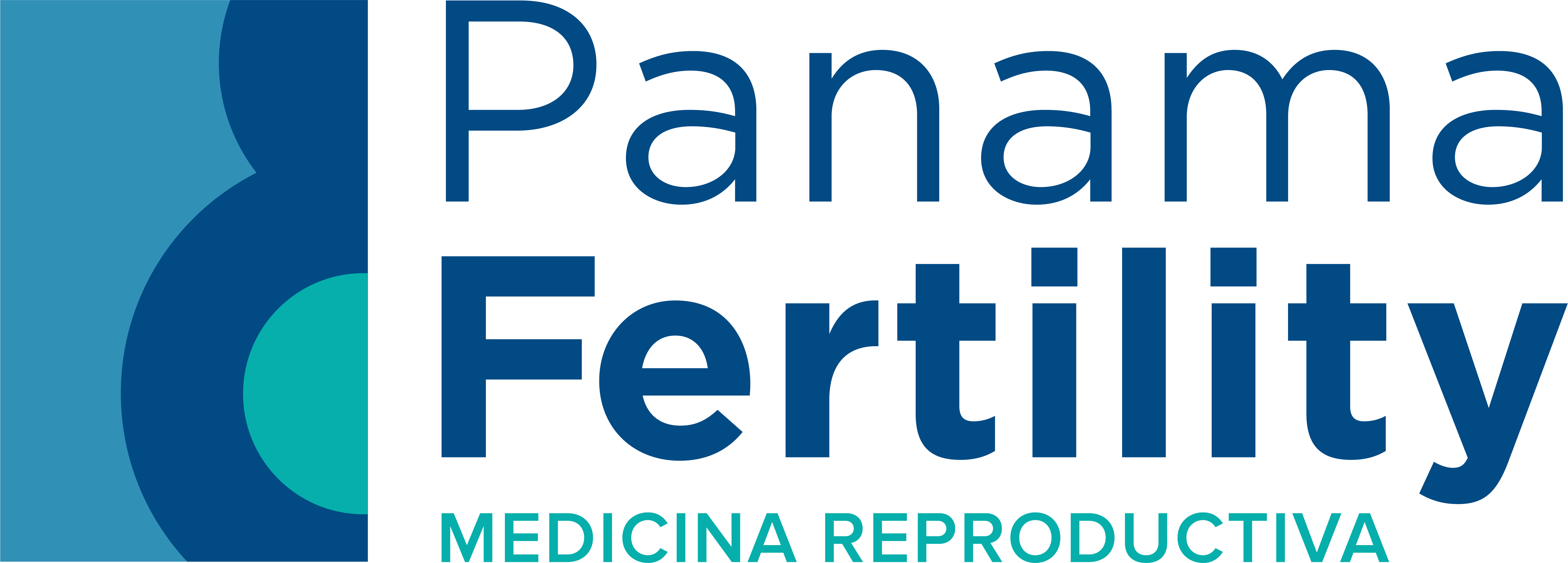Male Factor Infertility
A little-known fact is that male factor infertility accounts for 50% of infertility problems. Men are also less likely to discuss their feelings about infertility and reach out for support. Here at Panama Fertility, we take male factor infertility as seriously as we take female factor.
We take a full medical history from both partners and look at the whole picture to determine the treatment plan that is going to help both of you become parents. One of the first steps as the male partner is to produce a sample for semen analysis. This will give your Fertility Specialist at Panama Fertility a clear indication of where a problem may lie.
We take a full medical history from both partners and look at the whole picture to determine the treatment plan that is going to help both of you become parents. One of the first steps as the male partner is to produce a sample for semen analysis. This will give your Fertility Specialist at Panama Fertility a clear indication of where a problem may lie.
The Role of Testosterone
Firstly, let’s look at the basics. In order for the male partner to fertilize the female egg, he needs to maintain an erection and ejaculate during intercourse. This entire process is fuelled by the male hormone testosterone. This hormone is responsible for sex drive, overall well-being and maintaining an erection.
Semen not Released at Ejaculation
If all of the above seems good, then the all-important question is, what is happening on ejaculation? For some men, ejaculation can be retrograde, which means the semen is not released from the body. This could be because of a blockage caused by previous injury, a sexually transmitted disease or a vasectomy.
Azoospermia
For other men, they may ejaculate but the semen doesn’t contain any sperm. This condition is called Azoospermia. However, even when very few or no sperm are found in the semen sample, it is still possible to surgically extract sperm direct from the testes for assisted reproduction to be successful. If that is unsuccessful then your Fertility Specialist may suggest you look at the option of using donor sperm. We would offer counselling to both the sperm donor and you as the recipient to make sure you are both comfortable with the decision.
Motility and Morphology
If the semen does contain sperm, then that needs to have good motility to swim to meet the egg. It also needs to be the correct shape to penetrate the egg, this is called morphology.
Sperm Count
For men with a low sperm count, this can be improved over time with some simple lifestyle changes. There is a lot of evidence to show diet, exercise, alcohol and smoking all have an effect on sperm production and quality. We can also use a technique called Intracytoplasmic Sperm Injection (ISCI) to fertilize the egg during the IVF procedure.
Male Antibodies
Another factor is the male partner making antibodies that prevent the sperm from being able to stick to the egg and penetrate it for fertilization.
Pituitary Hormones
In other cases, pituitary hormones can affect sperm count and this can be treated with hormone injections.
Advance Technologies
The team at Panama Fertility are dedicated to our male patients and are always looking at ways to help our male patients achieve their dream of becoming a father. We have invested in our technology and use a system called Fertile Chip. This is an innovative sperm selection device that selects the sperm with the least DNA fragmentation. DNA Fragmentation can be responsible for recurrent miscarriage, so this is an important process to ensure a successful pregnancy.


